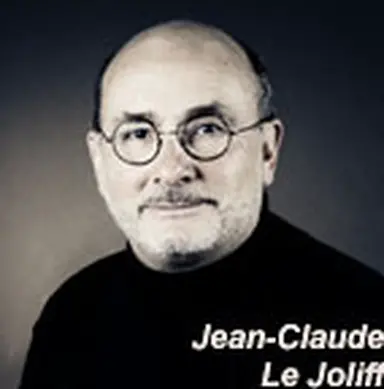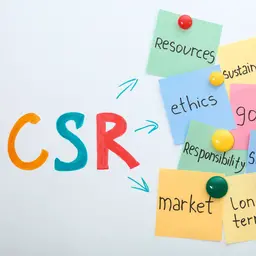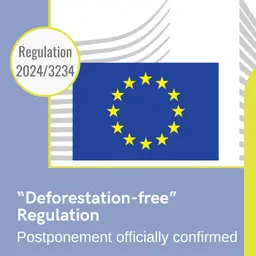
I do not mean to take part in the controversy recently reported – I would not be qualified for it –, which consists in finding out whether what is said about stem cells in anti-aging cosmetics practices, and others, is relevant or not. However, it seems to me that this concept of ‘scienceploitation’ is interesting to discuss.
‘Scienceploitation’ consists in exploiting good science regarding things far related to the basic issue, mainly to make it all commonplace. This concept emerged when scientific hoaxes resulted in dangerous fact opacification, like the fraudulent research generated by the myth that vaccines might trigger autism.
Right now, it is mainly in the field of therapies
based on stem cells that this concept finds a strong echo
. Indeed, claims often find a favourable response among really vulnerable populations. But they also find an echo in anti-aging marketing campaigns.
Real scienploitation is a specific, insidious concern. If ideas may be real, therapies are not always justified. Of course, this has been going on for centuries. Using scientific breakthroughs to mess about the general public’s imagination is common practice, but when it is packaged and sold by opportunists, it is more of a problem.
That is how research on magnetism led to the sale of products claimed to have magic repairing properties and to be able to cure everything, from gout to constipation or paralysis. Marie Curie’s work in radiology raised considerable interest at the time, which resulted in the development of a range of radioactive products, including skincare creams, toothpaste, bath salts, …













